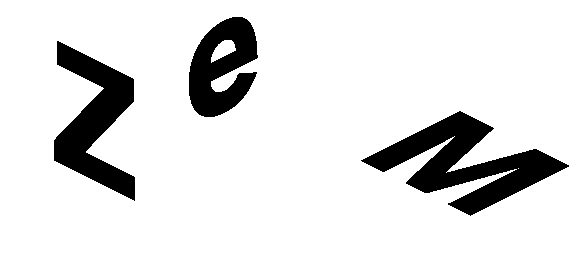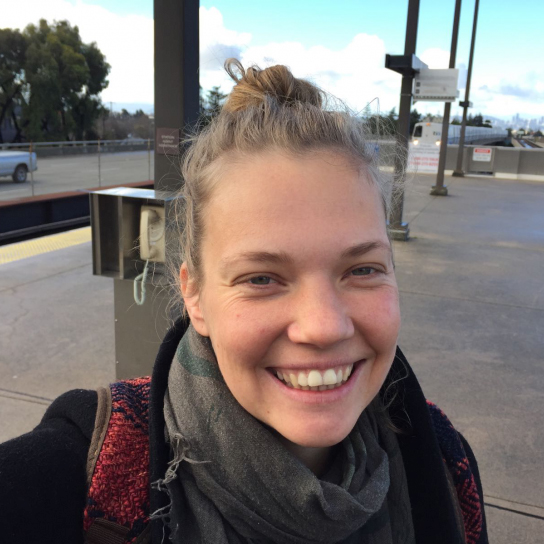
The doctoral thesis “Staying in the Anthropocene or going beyond? The understanding of the world and its formation through process-oriented ecological art” sets out to examine contemporary, process-oriented, and ecological art. It determines which image of the world, nature and ecosystems is shown to and perceived by the recipient and participant. Within the anthropocene discourse the human was granted an exceptional position in the past as the human was seen separate from its environment and therefore human and environment were seen as two independent entities. This structure vanishes in the present artworks and instead the human is integrated into the artwork-system. This research proposal claims that the artworks in question consist rather of their creation process and the gradual development of the artwork than (only) the final product itself. As a result worksystems are created instead of finished and stagnant works. These systems consider diverse layers of the world, which exceed the mere visual.
Félix Guattari established the approach of the Ecosophy whose components are environment, human subjectivity and social relations and is ment to look at, rank and react to natural problems in a new way. Following the Ecosophy there will be an in-depth analysis with a focus on time and process. Two reasonable descriptions for ecological and process-based art arise: ‘Slow Ecological Art’ or ‘Permaculture Art’. The concepts behind them, namely Permaculture Design and Slow Movement, will be used in new territory. Furthermore the question will be raised whether these worksystems are social interventions, which explain, change and adapt environment and nature through various media.






